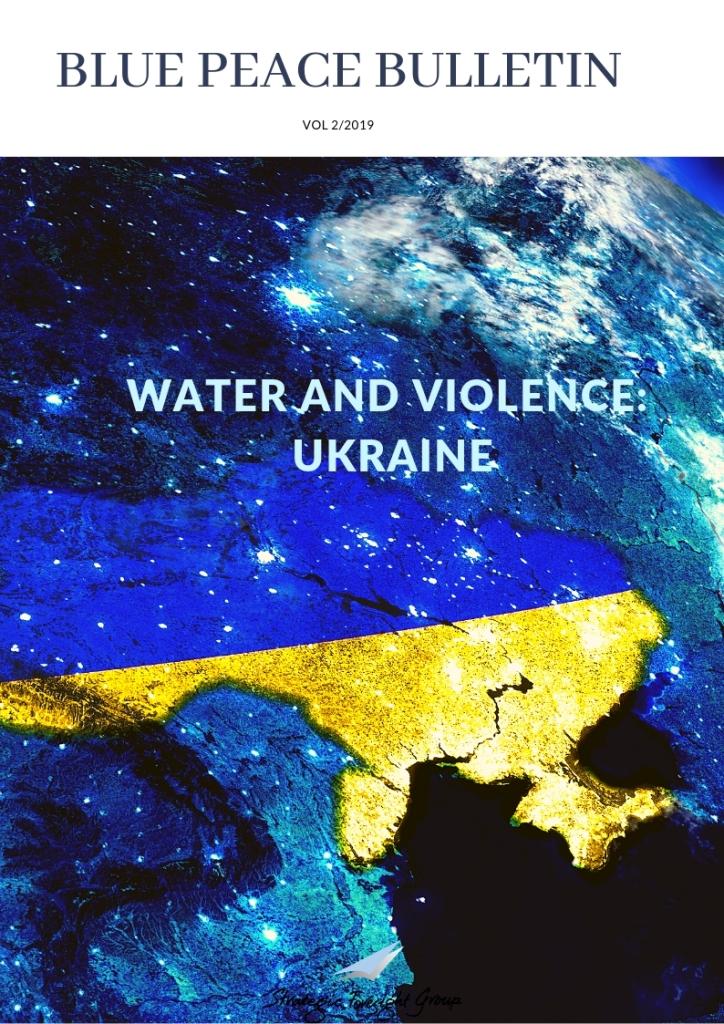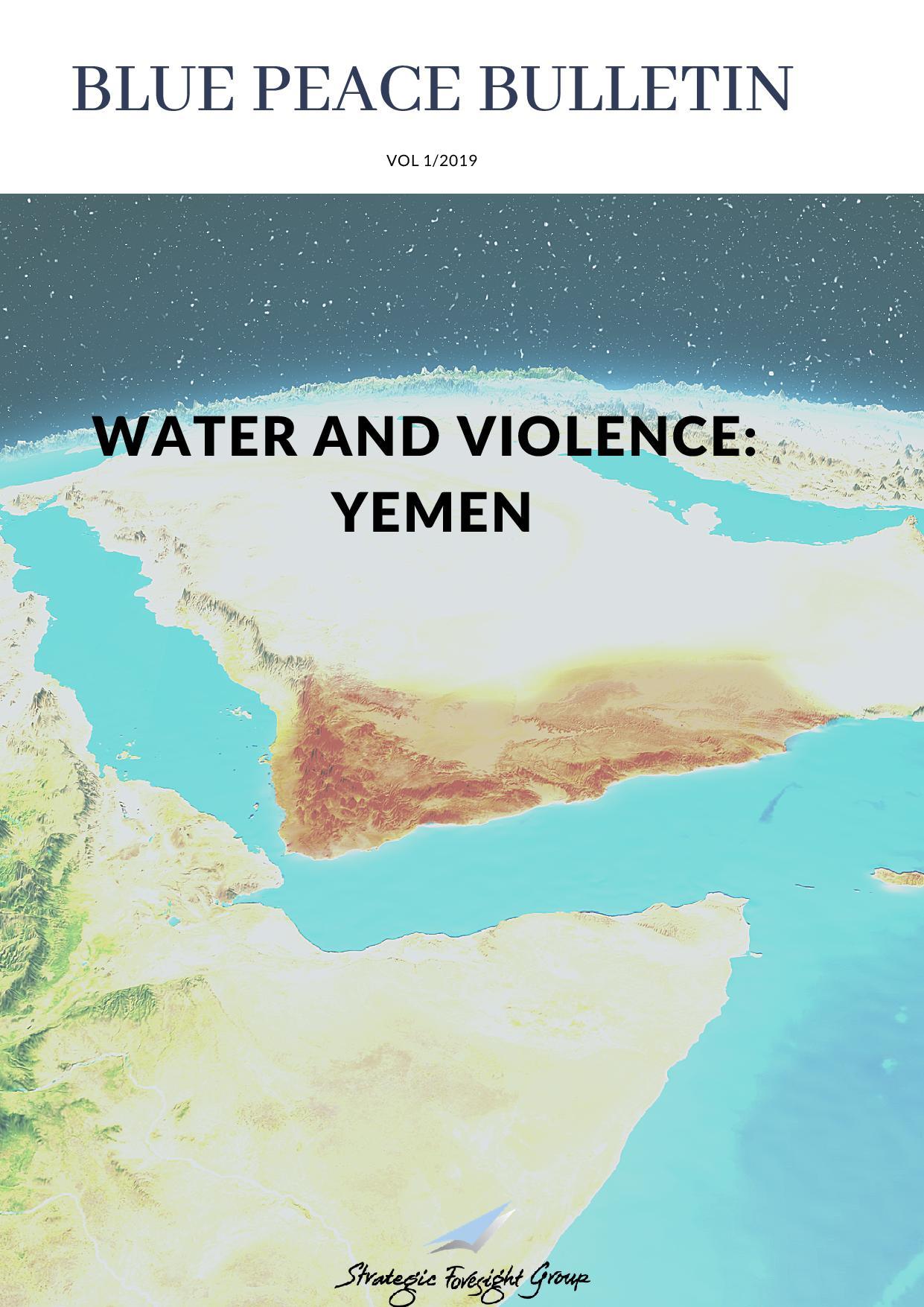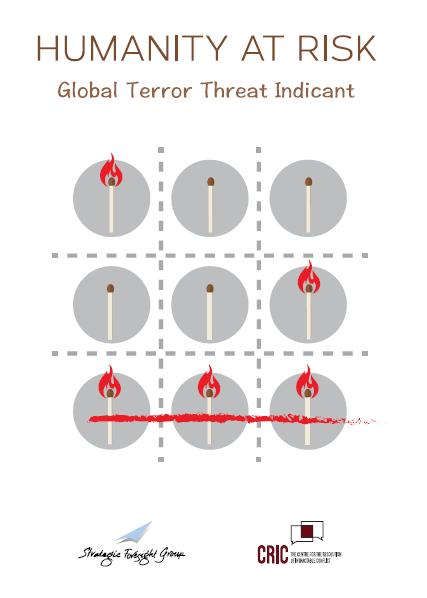Children and War: A Session with Ambassador Olara Otunnu
|
|
September 2006
By Rami Desai and Devika Mistry
|
Ambassador Olara Otunnu, a career diplomat, Under Secretary General for the United Nations and former Special Representative for Children and Armed Conflict. Ambassador Otunnu is a renowned expert on governance issues and has tirelessly worked towards highlighting and addressing the plight of children in war effected countries, as far spread as Uganda, Sri Lanka, Sierra Leone (among others) promoting measures for the social integration and rehabilitation of these children in the aftermath of war as well as working on issues such as child protection, counseling, education in an effort to ameliorate both the short term and as well as long term negative effects of war on the development of these children.
Having served in the capacity of Foreign Minister of Uganda, Ambassador Otunnu has a deep understanding of the plight of children and youth being effected by civil conflict over the years in his own country- an understanding that he has cultivated into a personal mission.
In an exclusive roundtable discussion with the research faculty of the Strategic Foresight Group in Mumbai, Ambassador Otunnu spoke on various issues relating to global terrorism, focusing on the possible causes for the involvement of children, involuntary or otherwise as well as highlighting present as well as required international institutional efforts towards curbing the same.
During his discussion with the SFG staff, Ambassador Otunnu drew on the situation in his own country, Uganda, the scene of the longest running conflict in the history of Africa. Uganda has been witness to over 20 years of conflict, and while there might have been times, (as one before Uganda at present), where a solution might have been in sight; the ground realities in Uganda speak another story.
The coverage of the conflict in Uganda, unfortunately, has primarily been focused on the rebel aspect, on the well-known group of the Lords Resistance Army (LRA). Little or no attention has been placed on the other aspect that of a concealed comprehensive genocide taking place in Northern Uganda. The conflict in Uganda has resulted in the displacement of over 2 million people found concentrated in camps since the commencement of the conflict. Around 2 million people have been moved into a mere 200 camps and continue to live in abysmal conditions. The average death rate is as high as 1500 each week, three times that of Darfur in Sudan. Under a cease-fire this remains an unacceptable condition. Yet majority of the world stays unaware due to a complex interplay of external and internal economic and political considerations taking place.
According to Ambassador Otunnu, a cessation of hostilities followed by a resolution to end the conflict can only be achieved if efforts are made to include and address issues such as the prevailing conditions in camps, the disparities between groups and other socio-economic problems and not restricted to the issues between the Ugandan Government and the rebel outfit. Addressing what might seem like periphery issues but which are essential like social, economic and political disparities, poor living conditions and lack of access to basic amenities, as well as the psychosis of fear and humiliation felt by groups is important when understanding and resolving conflicts in any part of the world. Directly linking conflict to societal conditions is a premise that the Strategic Foresight Group has put into practice when recommending solutions to conflicts in parts of the world.
When asked whether the current peace talks are likely to be successful, Ambassador Otunnu said that the answer itself depended on the calculations and motivations of President Museveni, and his National Resistance Movement (NMR) government. It is entirely plausible that the accords can be successful and peace realized. However, if, the war served or continues to serve as profitable to any or all major stakeholders also, responsible for bringing peace, than the current talks are not more than one of the seven prior efforts to simply talk.
Further, for the current talks to be different and substantial from earlier efforts, it is important for international pressure to be present and working. At present, such a pressure does not exist and all one is to wait and watch.
Speaking in particular about the plight of children in war torn Uganda, Ambassador Otunnu, said that Approximately 20-25000 children have been kidnapped from supposedly �€œprotected camps�€ therefore making it a moral issue for the international community to fight a militant group that comprises of young brainwashed children being used as solders.
The question raised was how was one to eradicate militancy when fighting a war against militancy meant fighting a war against children? Ambassador Otunnu answered saying that concrete solutions in the form of formal monitoring and reporting system have been put in place as well as apparatuses were set up to hold both respective governments and insurgents accountable and punishable for using children in conflicts. Under Resolution 1612 more than 54 groups have been identified for crimes against children. While an effort has been made by bodies such as the United Nations to put in place a comprehensive set of standards, efforts need to be made to strengthen the adoption of these standards, through proper implementation and setting up a structure compliant system as well as to use other deterrents such as sanctions, focused international attention etc on governments or groups allowing or partaking in child recruitment.
He reiterated that the induction of children into armed groups is a global phenomenon. The induction of children into these groups goes far beyond the direct abduction and subsequent indoctrination of children but also include the subjection of children, especially girls to sexual abuse and humiliation, the psychosis of fear and subjugation, and the long term negative effects that such and such have on these children. Questions were also raised as to what if any international statutory and practical considerations were being made to solve the problem of voluntary child recruitment in groups propagating violence. While much efforts need to be made towards tackling the issue of voluntary child submission to these groups, the Strategic Foresight Group believes that an emphasis on the �€˜periphery�€™ issues of social, economic and political disparities lie at the heart of such.
In the case of Uganda and other states says that a focus on the problem of child soldiers, is underscored, due to the emphasis that this has, however, truthful, on the image of the state. It presents a strong state and powerful military, in a weak light where they are unable to protect their children and thereby making them not credible. Hence, an emphasis on such is usually avoided.
In a similar vein, Ambassador Otunnu, speaking of the classification of certain conflicts as genocide and others even when qualifying as not is largely interplay of political considerations. For instance, the image of a nation, in the case of Uganda, its positive image in the western world, especially in the United States due to its support of the US led war on Iraq, its efforts at promoting abstinence as a method to control the spread of AIDS among others �€“ allows it to do what it is doing, while having the world turn a blind eye to the reality.
Ambassador Otunnu commented that while in theory, this is an open world filled with a high level of information exchange between all corners of the world, however, in reality; this is a world, where corners of darkness still exist. These black holes are still visible through propaganda, organized or otherwise.
The genocide in Uganda has gone unnoticed since the 1980s in a deliberate �€œconspiracy of silences.�€ While in comparison the situation in the neighboring region of Darfur has had a more focused international attention, however, such a mobilization of attention is more as a result of an Arab �€“ Islam �€“ Oil mix which if not present, it is all together possible that such a mobilization of resources, international attention and compassion might be altogether missing. It is unfortunate that other reasons rather than humanitarian ones at times determine international response. In that sense, we have a long way to go.
Lastly, when speaking of the resolution of conflicts, i.e. between the principal actors, a solution is often chased by never reached due to the corrupting influence of war. Ambassador Otunnu stated that the war corrupts all involved, irrespective of their reasons for joining. War makes way for groups or governments to have a personal stake in it, where continuing with the conflict serves their interests better. However, what is to be noted is that no matter what the in actuality the cost of conflict far outweighs any gains enjoyed by isolated groups.
Ambassador Otunnu, highlighted the studies done by the Strategic Foresight Group, The Cost of Conflict between India and Pakistan as well as the Cost of Conflict in Sri Lanka �€“ which aims to address the myriad of costs faced by a society, a country in conflict. Efforts need to be made by all societies and by the world over to highlight these costs in an attempt to put a pressure, focus on groups engaging on such to put an end to them. To show that it is in their interest, and to the benefit of the majority to do so.
Lastly, when addressing current political and media discourse on global terrorism and the emphasis on religious terrorism, in particular Islamic terrorism. Ambassador Otunnu said that such an association is unfortunate and reeks of the remnants of a cold war dichotomy where there is a sense of us versus them by over simplifying it. The issue of terrorism and groups engaging in them is a complex one. In the same breadth, Ambassador Otunnu, pointed to a nation like India as serving as an example of a nation that embraces its multiculturalism and pluralism in a successful way.
Related Publications
Related latest News
Related Conferences Reports
-

P5 Experts Roundtable on Nuclear Risk Reduction
Download:Geneva Roundtable Report
-

Roundtable on Global Security and Catastrophic Risks
Download:Report on RT revise





